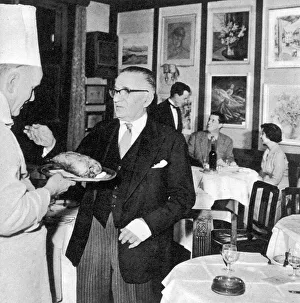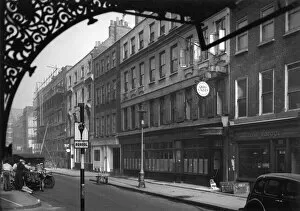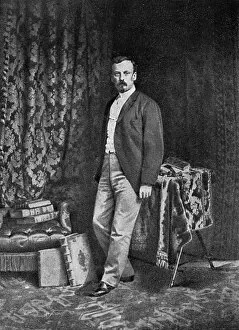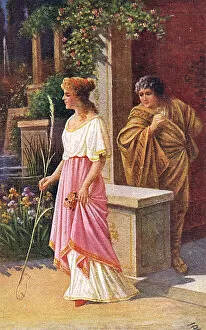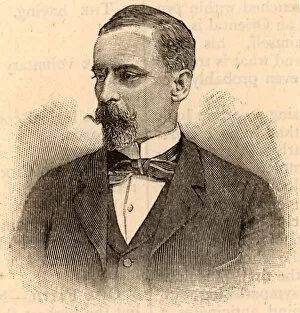Vadis Collection
Step into the captivating world of 'vadis' - a term that holds multiple meanings and connections throughout history
All Professionally Made to Order for Quick Shipping
Step into the captivating world of 'vadis' - a term that holds multiple meanings and connections throughout history. In 1947, the renowned Leonis Quo Vadis restaurant emerged as a culinary gem, helmed by the talented Peppino Leoni. This establishment became synonymous with exquisite dining experiences and unforgettable flavors. Meanwhile, in another realm entirely, Burrell Showmans Road Locomotive 3938 proudly bore the name Quo Vadis. A magnificent piece of machinery, it symbolized power and innovation on wheels. The origins of 'vadis' can be traced back to Henryk Sienkiewicz's masterpiece novel titled 'Quo Vadis?' Set in ancient Rome during Emperor Nero's reign, this gripping tale follows the love story between Lygia and Vinicius amidst religious turmoil. As Lygia reveals her Christian faith to Vinicius, their lives intertwine in unexpected ways. Henryk Sienkiewicz himself was an extraordinary Polish historical novelist who left an indelible mark on literature. His profound storytelling skills earned him the prestigious Nobel Prize. From Roman emperors to fictional characters like Lygia and Vinicius, 'vadis' transcends time and space. It represents journeys taken both physically and spiritually – a question posed by Sienkievicz: Where are you going? So step into this enchanting world where gastronomy meets locomotion; where historical narratives collide with timeless tales of love and faith. Explore the depths of human emotions through 'vadis, ' for it is more than just a word – it is an invitation to discover new horizons.

